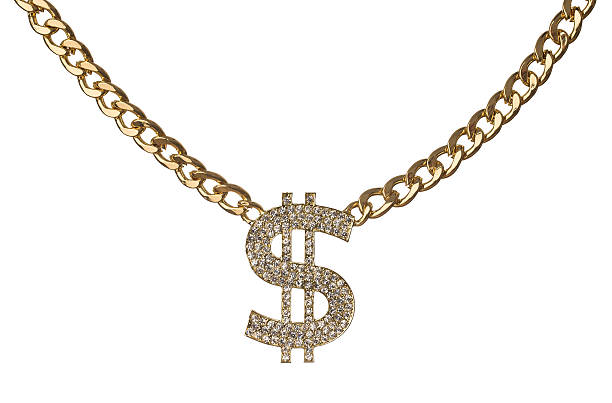Identifying Jewelry Scams and Avoiding Fraud All Entries

The love for precious stones continues to increase over the years. However, unscrupulous dealers use jewelry’s status to con buyers. Aside from delivering fake precious stones, the scammer may promise huge profits or sell the gem as a cushion for hyperinflation. Here’s how to avoid jewelry fraud.
Know the Seller’s Reputation
Check online forums for the dealer’s track record. Although you shouldn’t believe every allegation, rumors have some element of truth. A user may label a vendor as a con for malicious reasons. However, it’s a different situation when several people link an individual to fake gems and forged appraisals. You can also inspect the dealer’s website.
Consider the payment systems. Crafty sellers limit you to cash, money orders, and Bitcoin, making it harder to claim refunds. On the other hand, reputable institutions include secure methods like cards and PayPal.
Don't forget the contact details. Ordinarily, retailers display their numbers and email addresses so you can reach them for orders. You may be dealing with frauds if your calls go unanswered during business hours.
Establish Relationships
Like other sectors, buyer-seller relationships are essential when dealing with precious stones. Although you could get better deals elsewhere, connecting with a trusted vendor guarantees genuine gems. This also helps ensure that have a seller you can trust to return to in the future and recommend to others.
Ask Questions
Apart from understanding the gem, questions allow you to gauge the seller’s legitimacy. The retailer might be deceiving you if they repeat your question before replying multiple times, hinting at uncertainty. This buys them time to create another lie. They could also respond with scanty or excess details. This is different from a reputed seller genuinely explaining the process to you, as opposed to rambling or using complicated language, which may be to throw you off track.
If a seller doesn't address your concerns or rather explains why you shouldn’t question their credibility, they may also be trying to throw you off. Most importantly, trust your instincts. Cancel the deal if the seller or the precious stones don’t feel right. A quality seller will always answer your questions throuroughly and leave you feeling confident.
Hire Experts
Jewelry dealers aren’t gemologists. They’ll use all means to make a sale, even if it’s exaggerating the stone's features. That’s why you need an appraiser checking the gem’s authenticity. They also determine the value of the precious stones to protect you from overcharging. You could also approach a gem lab for certification. In the event of fraud, this document is useful for pursuing legal action.
However, be wary of fake reports. Scammers may collude with labs to provide the wrong description, for instance, hiding gem treatments and assigning incorrect cut grades. Another red flag is reports bearing the seller’s logo. In this case, the lab promotes the retailer instead of giving unbiased findings.
What if you’ve Already Been Scammed?
If you’re a fraud victim, raise the case with the BBB or the site the scammer trades on to protect other buyers. Small Claims Court is also an option, especially if you lost a large sum. Unless your lawyer approves, don't mention the precious stones on social media or in online reviews, as it could affect the suit. You also risk trial if you knowingly resell the fake precious stones.
In order to avoid a future scam, choose a trusted seller like Ralph Mueller & Associates. We have GIA certified gemologists on staff, a stellar reputation, and will always answer any of your questions throughly. Contact us today to learn more.